People are traditionalist in terms of the food they eats. Everyone remembers the taste of grandma's food that they ate as a child. It is a family tradition that these recipes are passed down and in the future it will probably cease to exist.
As in any recipe, as well as the most common one like this one for pickled jars of vegetables, there is one not so secret ingredient that works magic on the durability of our favorite winter food. In this case, it's the addition of aspirin.
Aspirin is one of the best known drugs in the world. Extracted from willow bark, it has helped children and adults for years for various purposes and illnesses, such as painkillers and anti-inflammatory drugs, as well as for rheumatism. Another one of its main functions is to dilute the blood and prevent the cells from clotting.
This property manifests itself in another form when used in the preparation of pickled vegetables. When added in the right dose, aspirin does not allow the vegetables to soften and get all mushy. It acts as a natural preservative without harming the body. In this way it prolongs the shelf life of the homemade pickle for years.
Here is one of the easiest recipes for the so-called Royal pickle:
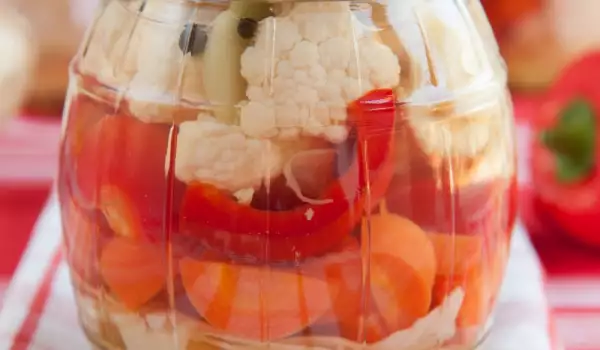
Necessary products:
4 kg. bell peppers; 2 kg. cauliflower; 2 kg. carrots; 9 tea cups of water; 5 cups of vinegar; 4 cups of sugar; 1 cup of salt; 1 celery; a handful of peeled garlic cloves; black pepper by preference; aspirin (depending on the number and size of the jars).
How to prepare:
All vegetables are finely chopped. Mix them up in a bigger bowl. Pour in the spices, stir again and leave it sit for 1 night. The next day it is poured into jars. At the bottom of each jar put 2 crushed aspirins and 2 more on top.
Pour in the leftover juice. On top, add the celery leaves or cherry leaves. Or maybe medlar leaves. The jars are need to be closed and you must wait - 5 days, if warm, to 10 days so they're good to eat. And if it's cold, keep them turned upside down and shake from time to time.
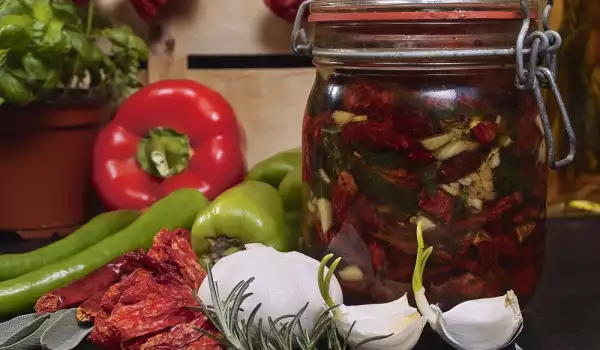

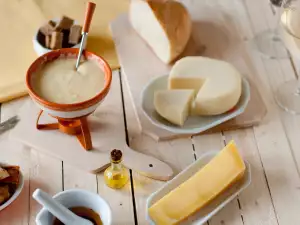
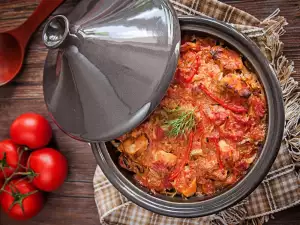
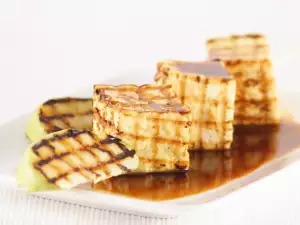
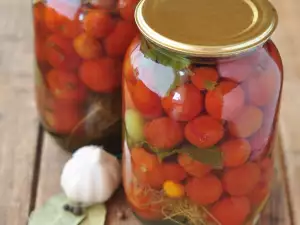
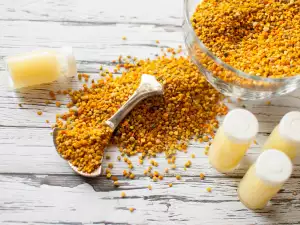

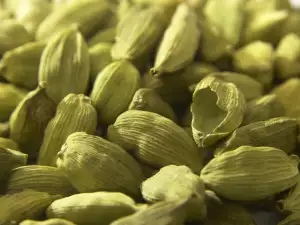

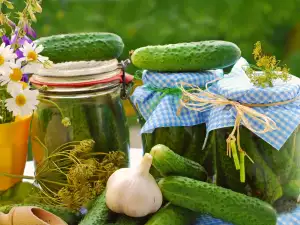
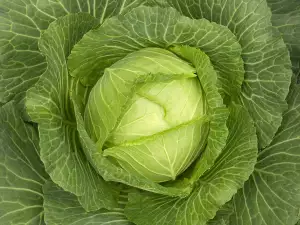
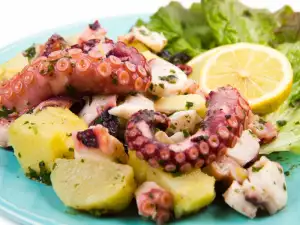
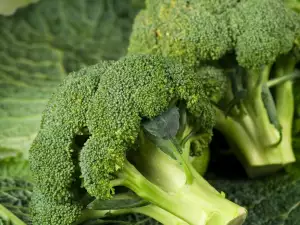

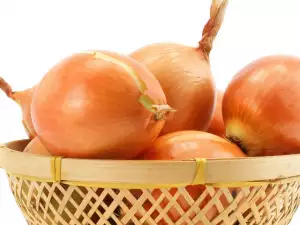




Comments